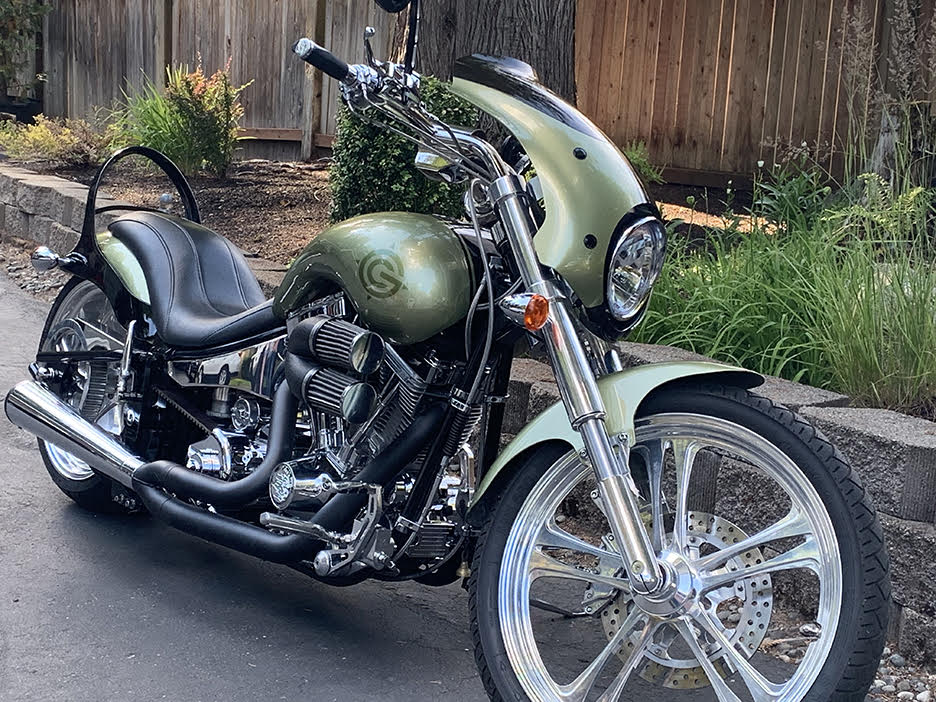In the ever-evolving world of cannabis research, one of the most well-known and widely studied cannabinoids is delta-9-tetrahydrocannabinol (THC). Best known for its psychoactive effects, THC is often associated with relaxation, stress relief, and sleep support. As societal perceptions of cannabis shift and scientific research continues to uncover its potential benefits, THC has gained traction as a natural aid for relaxation.
Understanding THC and the Endocannabinoid System
THC interacts with the body’s endocannabinoid system (ECS), a complex cell-signaling network responsible for maintaining homeostasis (the body’s ability to maintain a stable internal environment). The ECS consists of cannabinoid receptors (CB1 and CB2), endocannabinoids produced by the body, and enzymes that break them down. THC primarily binds to CB1 receptors in the central nervous system, producing its characteristic psychoactive effects. This interaction can influence mood, perception of stress, and relaxation responses.
THC and Relaxation: The Science Behind It
THC’s Role in Sleep Support
One of the key ways THC promotes relaxation is by aiding sleep. Research suggests that THC may decrease sleep latency (the time it takes to fall asleep) and increase slow-wave sleep (deep sleep). This can be particularly beneficial for individuals struggling with insomnia or those who have difficulty winding down at night.
Additionally, THC has been found to suppress REM sleep, potentially reducing nightmares, which may be particularly helpful for individuals with post-traumatic stress disorder (PTSD) . However, long-term use may alter sleep architecture, making dosage and frequency important factors to consider for optimal relaxation benefits.
THC’s Impact on Anxiety and Stress
THC’s ability to promote relaxation is also linked to its anxiolytic (anxiety-reducing) properties. At lower doses, THC has been found to alleviate anxiety, helping users feel more at ease. However, at higher doses, THC can sometimes exacerbate anxiety due to its biphasic effects, meaning that its impact depends on the dose administered.
Some studies have explored cannabinoids as potential treatments for anxiety disorders, highlighting the importance of individualized responses to cannabinoids like THC. While some individuals may experience profound relaxation, others may feel heightened stress, particularly if they are sensitive to THC’s effects.
THC and Muscle Relaxation
THC has also been recognized for its muscle relaxant properties. By binding to CB1 receptors in the nervous system, THC can help reduce muscle tension and spasms, making it a potential therapeutic option for conditions such as multiple sclerosis (MS) and chronic pain disorders. This muscle-relaxing effect can also contribute to an overall sense of physical and mental relaxation.
THC vs. Other Cannabinoids for Relaxation
While THC is a powerful compound for relaxation, other cannabinoids also play a role. Cannabidiol (CBD), for instance, interacts with serotonin receptors and modulates THC’s effects, often reducing its psychoactive intensity while enhancing its calming properties. Additionally, cannabigerol (CBG) has shown promise in reducing muscle tension and inflammation, which can further promote relaxation.
THC's Role in Well-Being
THC’s interaction with the endocannabinoid system makes it a powerful tool for promoting relaxation, improving sleep, and reducing stress. Research continues to highlight its benefits, while also underscoring the importance of dosage, frequency, and individual response. Whether through sleep enhancement, anxiety reduction, or muscle relaxation, THC offers a natural means of achieving tranquility when used responsibly.
As cannabis research advances, the potential for THC and other cannabinoids to improve overall well-being continues to grow, making it an exciting area of study for those seeking natural relaxation solutions.
References
- Cannabis, cannabinoids, and sleep: a review of the literature: PubMed
- Cannabidiol as a potential treatment for anxiety disorders: PubMed
- Use of medicinal cannabis and synthetic cannabinoids in post-traumatic stress disorder (PTSD): a systematic review: PubMed
- Low-dose THC can relieve stress; more does just the opposite: ScienceDaily



